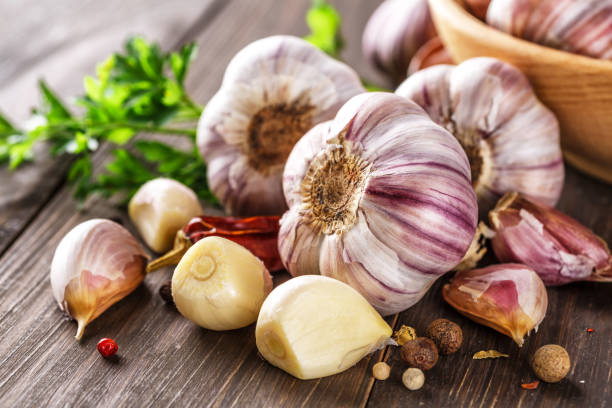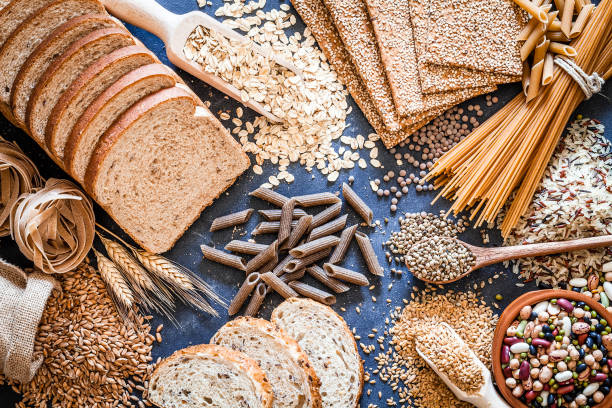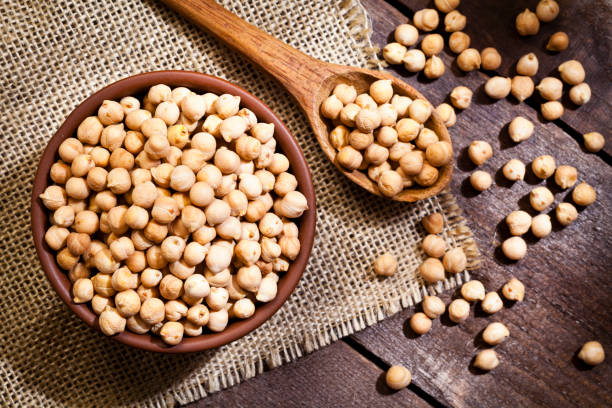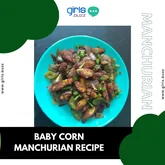5 Stress Fighting Foods That You Must Include In Your Diet
4 minuteRead

Turns out, we are what we eat. It’s true! Food is not just the fuel our body requires but also one of the most important factors affecting our mood. The more right food choices we make the better it will be for our holistic health.
Our gut is known to be the second brain of the body. This is because the gut is home to the millions of microbiomes that dictate the body’s ability to digest food. Ian Smith, MD, a physician, renowned author, and expert in gut health, asserts a strong correlation between the well-being of your digestive system and your brain and nervous system, directly influencing your body's capacity to cope with stress.
In 2017, research conducted by the American Psychosomatic Society highlighted the significance of gut microbiota, which comprises a combination of beneficial and harmful bacteria in the intestines. The study emphasized the crucial role of these microorganisms in connecting dietary choices with emotional well-being. It also works the other way around. This study from the National Library of Medicine found that when you're stressed, your body may require more nutrients like magnesium, zinc, calcium, iron, and niacin.
Eating the right foods can act as a potent remedy for stress. Certain foods aid in reducing cortisol levels (stress-causing hormones), while others promote the release of "happy hormones" like serotonin and dopamine, restoring balance to both body and mind. Here are the top five stress-fighting foods that could be easily found in every kitchen.
1. Citrus Fruits

Research suggests that maintaining elevated levels of vitamin C might have stress-relieving benefits. In a double-blind study, participants consuming 500 mg of vitamin C per day experienced reduced stress levels. Additionally, a review indicated that vitamin C supplementation could alleviate symptoms associated with stress-related disorders like anxiety and depression. Vitamin C plays a role in cortisol release by the adrenal glands, making it particularly important during stressful periods. Fruits such as oranges, papaya, and mango, rich in vitamin C, contribute to balancing the body at both biochemical and physiological levels.
2. Garlic

Garlic is rich in antioxidants that combat free radicals in the body. Beyond lowering blood pressure, it also plays a role in reducing stress. By preventing plaque buildup in blood vessels, garlic improves cholesterol levels and aids in controlling high blood pressure. Some studies even suggest that garlic can be as effective as pharmaceutical medications for hypertension. This is attributed to garlic's ability to enhance blood circulation and widen blood vessels, making it a wonderful remedy.
3. Wholegrains

Whole grains offer a mood-boosting way to get your carbs. Research suggests that carbohydrates can temporarily raise serotonin levels, a mood-enhancing hormone that reduces stress. Increased serotonin helps improve concentration and focus during stressful times. Opt for healthy, unrefined carbs like sweet potatoes and whole grains for better nutrition. Processed carbs in packages may contain ingredients that stress the digestive system, so it's wise to choose complex carbs found in plant sources such as quinoa, sweet potatoes, barley, oatmeal, and whole wheat bread. These provide vitamins, minerals, and fiber that support a healthy gut microbiome.
4. Yoghurt

Eating probiotic-rich foods like yogurt may support mental health and brain function. They reduce inflammation and boost the production of mood-enhancing neurotransmitters like serotonin. Yogurt is a good source of protein, calcium, vitamins, and live cultures (probiotics) that improve gut health. These benefits extend to bone and teeth health while preventing digestive issues. Lactobacillus, a probiotic in yogurt and kefir, could potentially reduce stress and improve symptoms of anxiety and depression. Including yogurt in your diet supports natural gut bacteria, potentially reducing anxiety and stress and promoting a healthy gut microbiome. However, note that heat-treated yogurt may not provide the same benefits.
5. Chickpeas

Chickpeas are loaded with vitamins and minerals that combat stress, such as magnesium, potassium, B vitamins, zinc, selenium, manganese, and copper. These legumes are also a great source of L-tryptophan, an amino acid essential for producing mood-regulating neurotransmitters. Tryptophan is crucial in the gut-brain connection, as it helps the body generate serotonin, a mood-stabilizing chemical. Studies suggest a link between tryptophan depletion and anxiety. Chickpeas are versatile and contain folate, a B vitamin that regulates mood, providing over 70% of the daily recommended intake in a cup. With high protein (14.5g per cooked cup) and fiber (12.5g per cooked cup), chickpeas help stabilize blood sugars and mood.
The Bottom Line
Though completely avoiding stress is impossible, incorporating nutrient-rich foods into your diet is a potent and efficient strategy to bolster your physical, emotional, and mental well-being during challenging times. Opting for whole, unprocessed foods and reducing highly processed ones aids your body and mind in recovering from stress, facilitating a healthier and more fulfilling life.
Write, Record and Answer! Consume Unlimited Content! All you need to do is sign in and its absolutely free!
Continue with one click!!By signing up, you agree to our Terms and Conditions and Privacy Policy.










